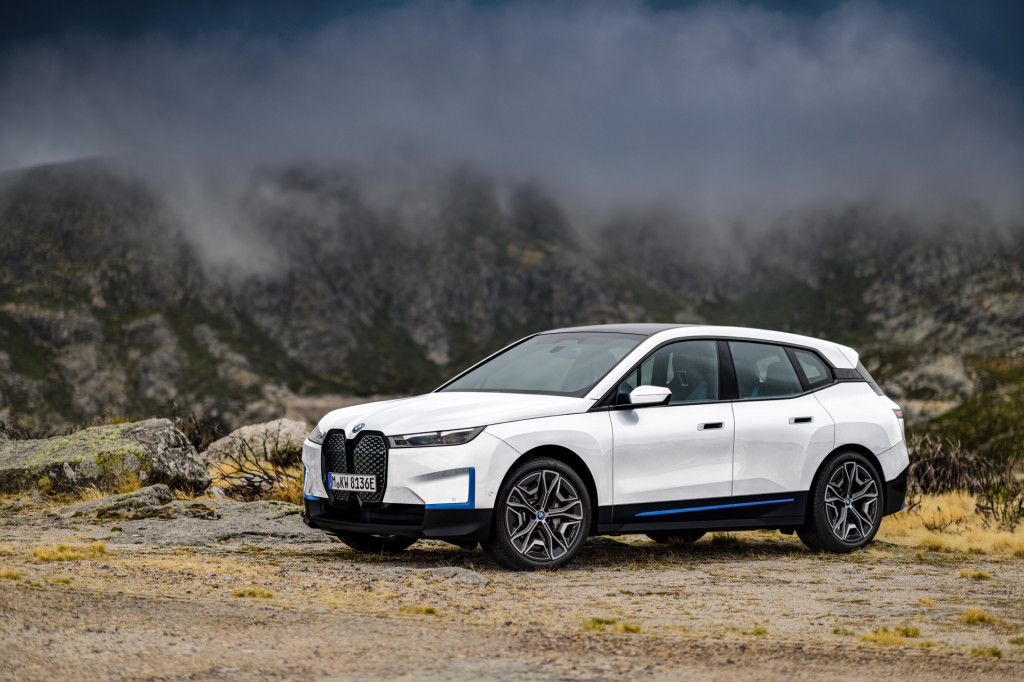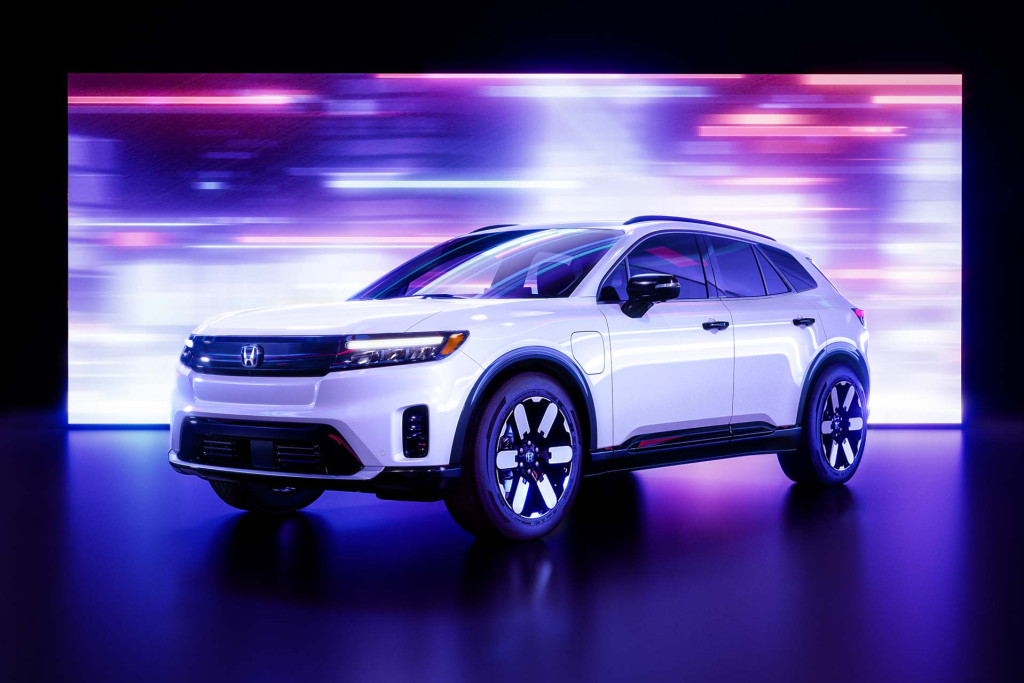BMW, Ford, and Honda on Tuesday announced a new company focusing on vehicle-to-grid (V2G) EV charging, which the partners claim will benefit both EV owners and electric utilities.
Called ChargeScape, the company aims to start operations in 2024, pending regulatory approval. Its main focus will be connecting EV owners in the U.S. and Canada with electric utilities for "EV-enabled grid services," according to a joint press release from the partner automakers.
Such service will include "financial benefits" for EV owners who sign up to connect their cars to the grid, share data with ChargeScape, and allow charging to be coordinated in a way that helps support the grid. That will likely include discharging power during periods of high demand and absorbing excess electricity during periods of low demand.

2023 BMW iX xDrive50
In addition to making money, EV owners may be able to lower the overall carbon emissions of their vehicles by charging when renewable energy is available, the ChargeScape partners note. ChargeScape plans to provide data to utilities in order to align EV charging with renewable energy availability, as well as periods of low overall electricity demand.
Using EVs to support the grid has been discussed almost as long as modern EVs have been available, but BMW, Ford, and Honda believe their involvement will push the concept over the top into mainstream adoption. That's because they can directly reach customers with EVs, something the automakers argue utilities can't do as easily, and provide access to vehicles' onboard data connections. That eliminates the need for WiFi-enabled home chargers for the planned V2G services.

2024 Honda Prologue
BMW, Ford, and General Motors previously partnered with a California utility on V2G tech, with the goal of incentivizing off-peak EV charging. Instead of joining ChargeScape, GM appears to be going it alone with its GM Energy unit. BMW, Ford, and Honda are welcoming other automakers to join ChargeScape, though, so there's still room for GM to become part of the effort in the future.
It's not just automakers that are interested in V2G. California, as the state with the highest level of EV adoption, has been especially active in establishing standards for V2G and how it might benefit utilities and the grid.
Such tech isn't limited to EVs themselves. Tesla, for instance, has participated in a pilot program in Texas that uses Powerwall stationary battery packs to help provide grid stability.












